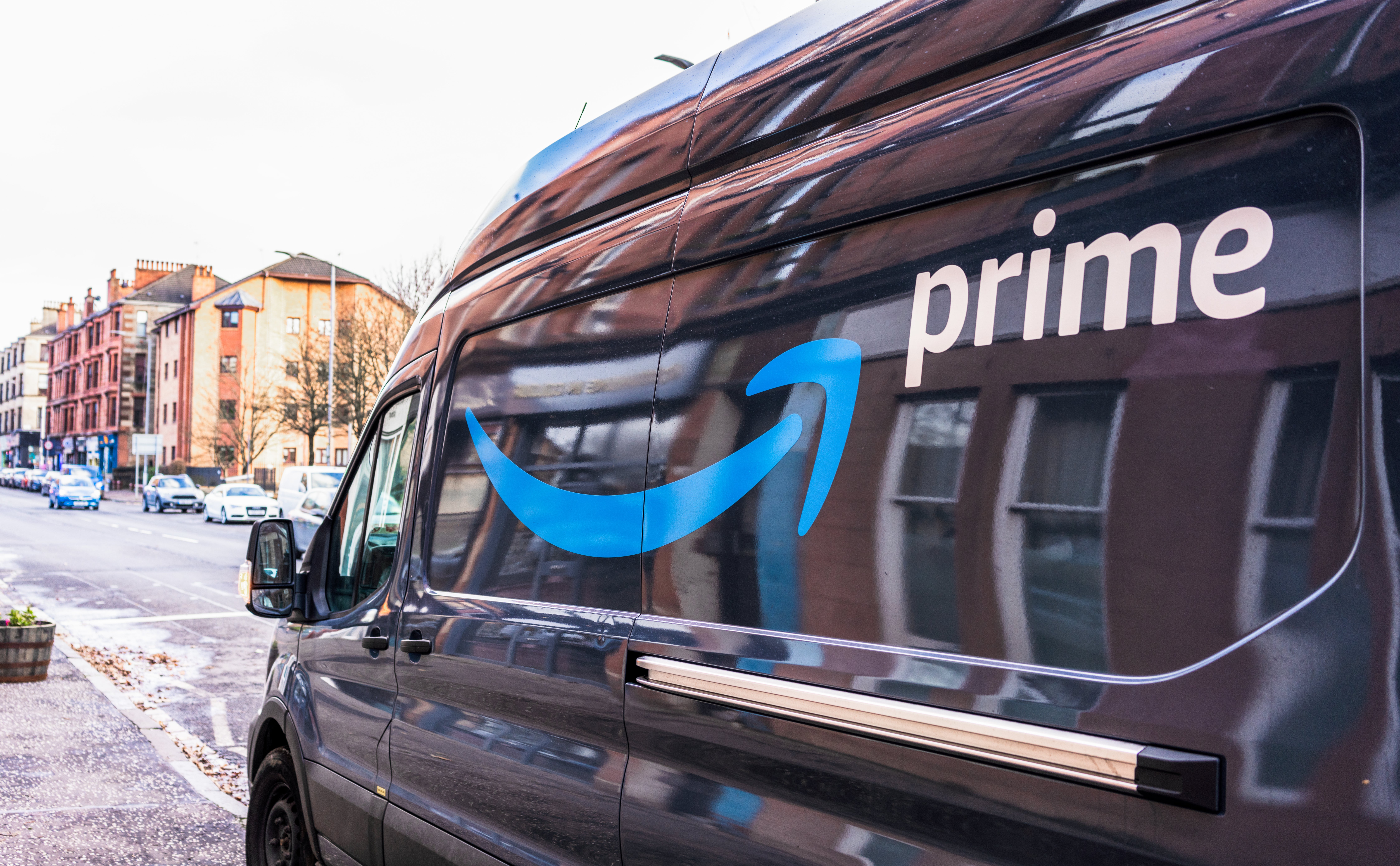Jeff Bezos should absorb Amazon’s Prime’s price hike during a cost of living crisis
Let me remind you, Amazon is the world’s 17th most profitable company and is owned by one of the world’s richest people, writes Emma Henderson


Amazon Prime subscribers around the world woke to an email this week about a price hike in their subscription fees.
It might sound like only a small amount: £1 extra a month (12.5 per cent more) if you pay monthly, with fees increasing from £7.99 to £8.99. But it’s an added 20 per cent for annual membership, which will rise from £79 to £95. Amazon says this new price will apply on or after 15 September 2022 on the date of a Prime member’s next renewal.
This is the first time since 2014 that Prime fees have increased. That is eight years, and rarely anywhere in life will you see a cost stagnation across nearly a decade. But then, not many other services are owned by the richest man in the world.
Let me remind you that Jeff Bezos, owner and founder of Amazon, is, at the time of writing, worth a staggering $131bn (£105.5bn). That makes him one of the richest people on the planet, up there with Elon Musk and Bill Gates.
So the reason for the price hike? According to an Amazon spokesperson, it is due to “increased inflation and operation costs”.
It’s a familiar story that almost every company is telling at the moment. It’s not undeniable.
But then “most companies” are not in the same realm as Amazon, which is the 17th most profitable company in the world, according to statista. Above Amazon, there’s only Apple, Samsung, Microsoft and Intel – near comparable retailers that sell goods (or are also manufacturers) – while the rest are world banks, oil companies and conglomerates, which you’d probably expect.
Its healthy standing in that list, along with Bezos’s net worth, means that this online giant retailer could surely absorb these extra costs. Instead, the cost is being passed on to the consumer, when really the company could take a moral stance not to hike subscription costs, considering the times, and still provide a service, but without it affecting the consumer.
Its timing is bad, as is any cost increase at this time. The world is still struggling post-pandemic, Brexit is still taking its toll on moving goods and the invasion of Ukraine has forced food prices and energy bills up for every household by hundreds of pounds.
To keep up to speed with all the latest opinions and comment sign up t our free weekly Voices Dispatches newsletter by clicking here
It’s unlikely that many people will cancel their Prime subscriptions, especially if they’re monthly subscribers, because £1 is not a hugely noticeable increase. The annual hike is more, however, and could be the catalyst for some customers to finally cancel their annual subscriptions.
One of the main reasons people might not cancel is that there just isn’t another alternative. When Netflix hiked its prices back in spring, we wrote about the alternative streaming platforms readers might want to consider swapping to, because there are plenty of other options. But the beast that is Amazon has a true monopoly: for most of its customers, there really is no suitable alternative that covers so much. If you live in a remote place, and you’re not near a large town or shop, Prime can undoubtedly be a lifeline for getting goods at all – let alone at speed.
It feels as if, once again, the customer must bear the brunt of a cost increase while a huge company continues to make incredible sums of money as profit. The move is bold, but clearly Amazon knows it has the power, even during the worst cost of living crisis we’ve seen in 40 years. I don’t know which of the two – Amazon’s power or the crisis – is scarier.





